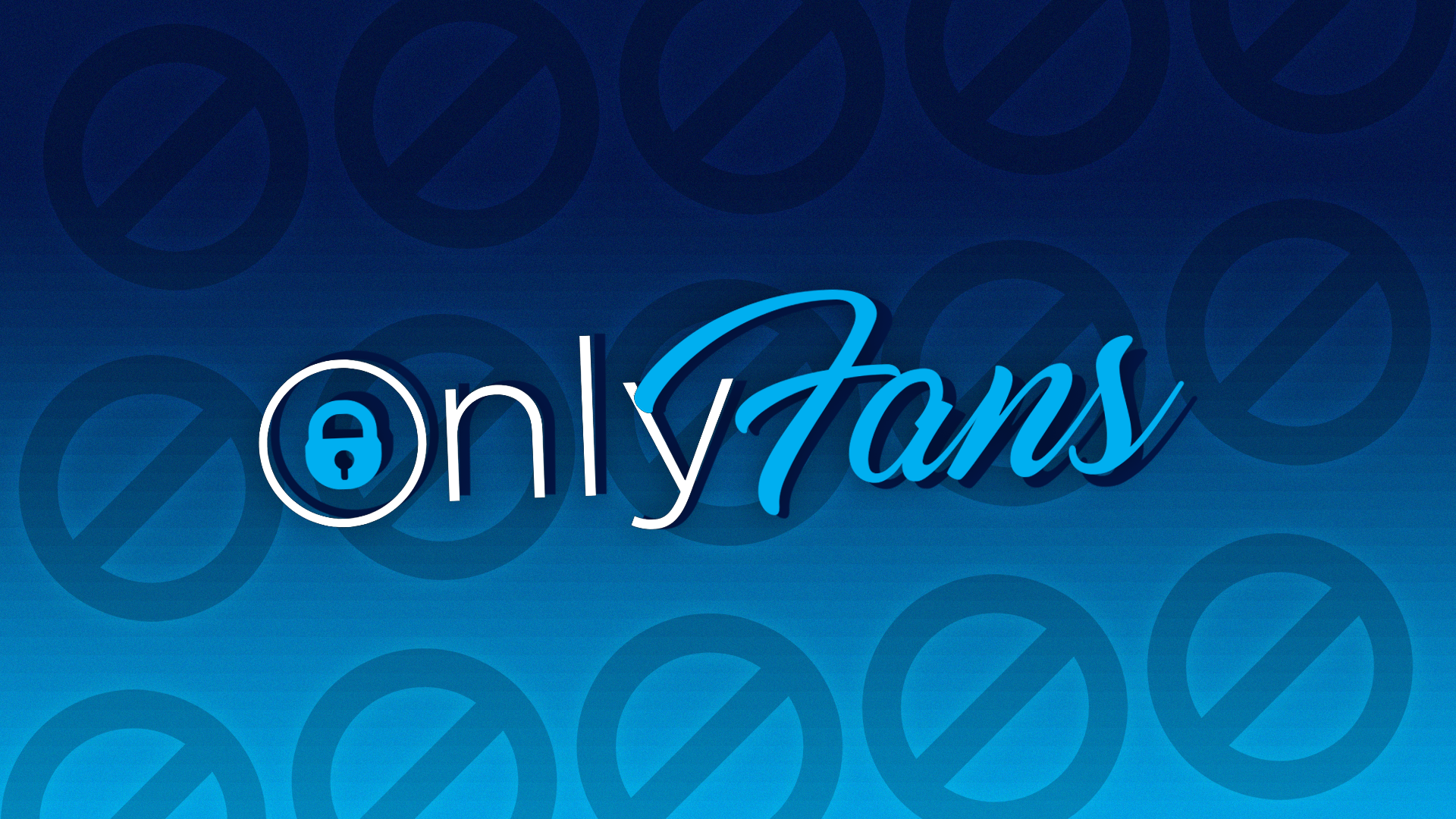The digital platform has announced it’ll soon begin blocking creators from posting pornographic photos and videos. Many argue this is regressive in the fight to end stigma around sex work.
UPDATE: OnlyFans has since said it will be reversing its decision to block pornographic content from its platform, mainly due to intense backlash.
On Thursday, OnlyFans – the subscription site that’s synonymous with selling nudes – announced it would be banning all ‘sexually explicit content’ from October onwards.
Much to the surprise of its 130 million-strong user base, this sudden decision involves blocking people from posting pornographic images or videos, but certain content in compliance with the platform’s updated guidelines will still be allowed.
‘In order to ensure our long-term sustainability and continue to host an inclusive community of creators and fans, we must evolve,’ its statement reads, which comes at the request of its ‘banking partners and payout providers.’
Though it remains unclear exactly why investors are pushing for stricter moderation of such material, a comparison can be made with Pornhub’s crack down on non-consensual uploads last December.
Firm in its assurance that safeguards against illegal footage were robust, it wasn’t until MasterCard and Visa suspended all payments that the adult entertainment giant accepted responsibility and confronted the issue.
This, it seems, could be the reason behind OnlyFans’ recent struggle to secure funding.
Only fans is banning porn starting in October which makes sense you always see television channels banning tv shows and film studios banning movies
— rose
(@roramdin) August 19, 2021
While nowhere near as grave as the allegations made against Pornhub (scenes of assault, trafficking, rape, and child abuse were discovered to be readily available at the time) a BBC investigation did find fault with OnlyFans’ methods of controlling its ‘underage presence’ in early August.
Upon learning that teens had begun using fake identification to set up accounts (and little had been done beyond dishing out of ‘multiple warnings’) more than 100 US congressmen and women demanded action, prompting OnlyFans to release its first-ever transparency report.
Despite declarations it had so far deactivated 15 profiles of this nature, right-wing organisations – those lobbying for the eradication of platforms ‘fuelling commercial sexual exploitation’ alongside several Christian charities – deemed the effort unsatisfactory.
Now, rather than confronting what appears to be a technical challenge head on – the likes of which is, of course, more pressing for an independent app than it is a conglomerate like Facebook – it has chosen to implement an outright ban. And, what may sound commendable in theory, has provoked a great deal of backlash.
‘OnlyFans is the latest to cave in a long, hypocritical tradition of prioritising the moral concerns of major financial institutions by deplatforming the very people responsible for the website’s success,’ says Lia Holland, Campaign Director at Fight for the Future.
She’s referring to the $2.2 billion it made in 2020 from exactly the kind of content it’s set to remove, all thanks to a 75% increase in sign-ups during May alone.
onlyfans banning sexually explicit content in october is like if Burger King decided to quit selling fucking burgers
— billiam (@BillRatchet) August 20, 2021




















